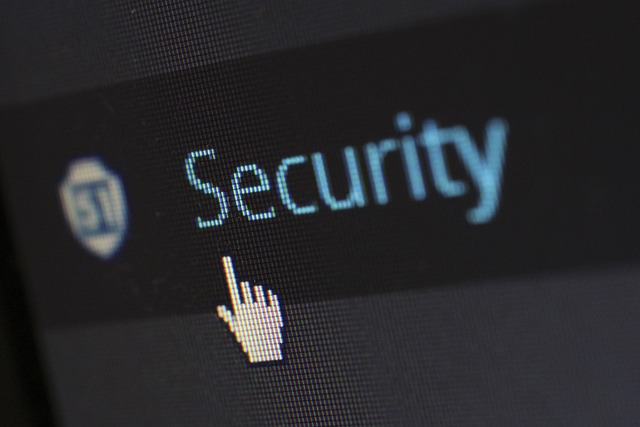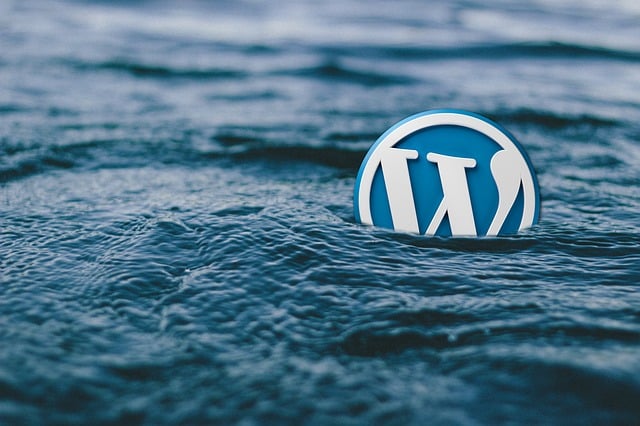Securing WordPress Sites Without Plugins: 8 Tips


WordPress is favourite target among hackers as it is one of the most popular CMS platforms today. WordPress is used by 45.8% of all websites on the internet in 2023. This is an increase from 43.2% in 2022.
According to a recent study, 4.3% of WordPress websites scanned with SiteCheck (a popular website security scanner) in 2022 had been hacked (infected). That’s around 1 in every 25 websites.
Every website development is not complete without setting up proper security. WordPress has in-built security features like plugins that protects your website from malware, brute-force attacks, and hacking attempts.
However, you can also improve the security of your site without installing a WordPress security plugin. Here are some useful tips on how to secure your WordPress site that will not require you to use third-party plugins.
Tips on Securing WordPress Sites Without Plugins
- Do updates regularly: WordPress core team that patches security issues regularly. You can find the security patches in Dashboard > Updates in your WordPress admin menu. Also regularly update your themes and plugins.
- Avoid Using The Default Admin Username Provided By WordPress: By using these default username and password, your site may be prone to brute force attacks. Create a new WordPress admin account under a separate username.
- Enable SSL/HTTPS: Always maintain a secure data exchange between the website and its users. Enabling a Secure Socket Layer (SSL) is crucial for that. SSL will automatically change the security layer to the HTTPS protocol.
- Get Rid Of Unnecessary Themes And Plugins: Removing unnecessary themes and plugins will make the website more lightweight and it will help the website to load faster. Unused plugins and themes increase the risk of a potential cyber attack.
- High-Level users should utilize strong passwords: Editors and admins have to ensure that they are using strong passwords. Use a password managing tool if they think they will forget the complex passwords.
- Backup your site regularly: Secure your valuable content by backing up your files regularly. If there is a cyber attack on your website, all your content is highly at risk, including your pages, posts, and media.
- Disable File Editing: Disabling the file editing privilege will prevent your website from malicious attacks.
- Limit Login Attempts: Limit the number of login attempts per IP address. WordPress offers unlimited login attempts to the site owners to access the site. So limiting login attempts is the one way to secure the website.
Final Thoughts
Reliability, security, regular updates and ease of use are the important reasons why the WordPress is still a popular CMS today. Securing a WordPress website is still a daunting task. If we use plugins, it makes the site, heavy and vulnerable. So we hope the following tips will help to make WordPress site secure without using plugins.